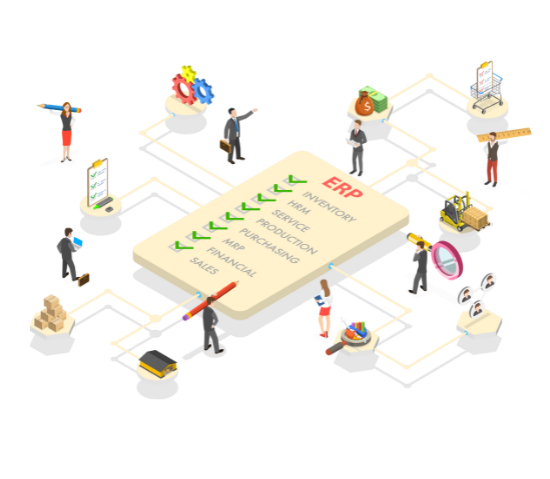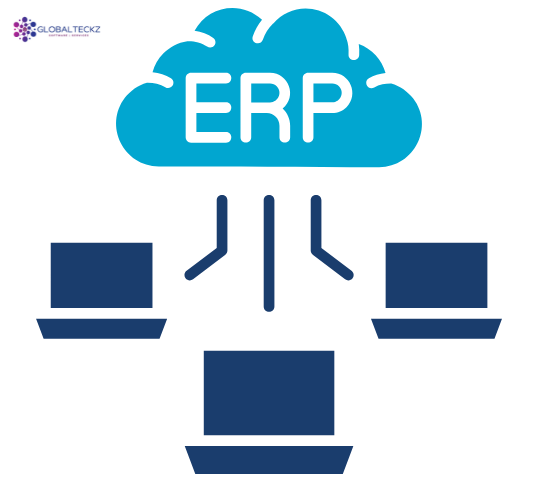Manufacturing Companies
An ERP system offers real-time tracking of production processes, inventory, and supply chain management. It automates order processing, production scheduling, and quality control, ensuring streamlined communication and optimized resource allocation.
Distribution
ERP streamlines logistics, inventory management, and order fulfillment. It helps track stock levels, manage warehouses, forecast demand accurately, and improve customer satisfaction through timely deliveries and accurate orders.
Construction
ERP centralizes project management, budgeting, procurement, and HR. It provides real-time insights into project progress, resource allocation, and costs, helping projects stay on schedule, within budget, and compliant with safety regulations.
Professional Services
ERP streamlines project management, client invoicing, and resource allocation. It tracks billable hours, budgets, and timelines while integrating CRM, accounting, and HR to improve client management, decision-making, and profitability.
Hospitality
ERP centralizes reservations, guest services, accounting, and HR. It provides insights into occupancy rates, revenue management, and guest preferences, optimizing operations and improving the guest experience with efficient resource and staff management.
Industrial Services
ERP automates asset management, procurement, maintenance, and resource planning. It tracks equipment usage, manages inventory, ensures timely repairs, enhances financial management, and improves overall operational efficiency.
Service Businesses
ERP centralizes client management, invoicing, resource scheduling, and project tracking. It optimizes staff allocation, manages contracts, tracks time and expenses, enhances transparency, improves customer service, and increases profitability.
Healthcare
ERP enhances patient care by streamlining billing, patient records, inventory, and staff scheduling. It improves coordination, ensures regulatory compliance, reduces operational costs, and enables accurate decision-making regarding patient care and resource utilization.








